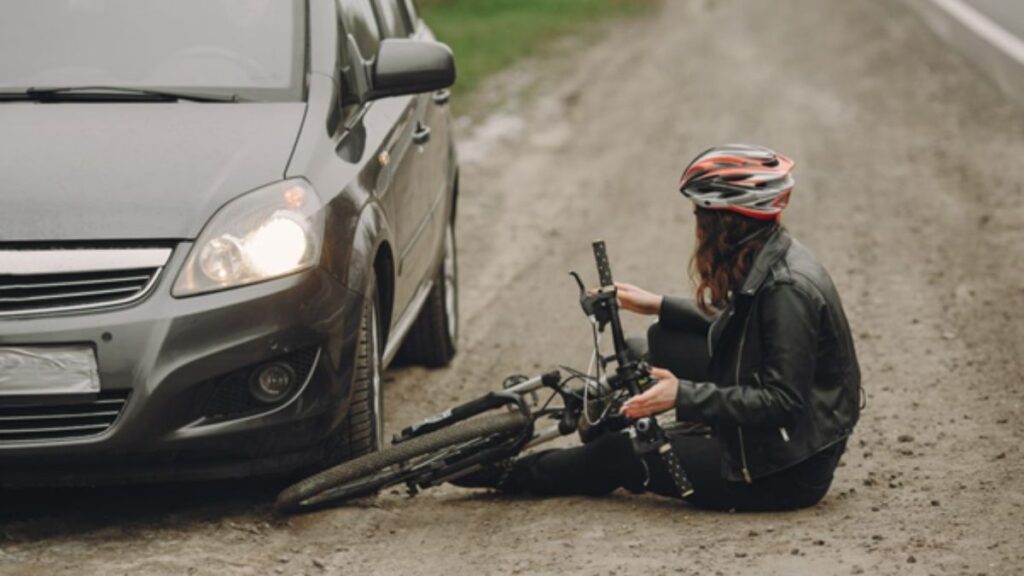Getting into a bicycle accident can be a terrifying experience. One moment, you’re enjoying the road or trail, and the next, you’re injured, shaken, and unsure of what to do next. If the accident wasn’t your fault, it’s natural to want justice. But winning a bicycle accident case isn’t just about telling your side of the story — it’s about proving it clearly and correctly.
For a successful bicycle accident claim, you need to understand your rights, gather the right evidence, and avoid common mistakes. Many victims miss out on compensation because they don’t know how the legal process works. But don’t worry—with the right approach and a bit of preparation, you can improve your chances of getting the outcome you deserve.
Let’s walk through the top tips that can help you win your case after a bicycle accident.
Get Medical Attention First
Your health should be your top priority. Even if you feel okay after the accident, always get checked by a doctor. Some injuries take hours or even days to show symptoms. Having medical records also helps prove the seriousness of your injuries, which can strengthen your case.
Don’t wait. Go to a hospital or urgent care center as soon as possible. Your well-being matters, and these records will also be important evidence later on.
Call the Police and File a Report
Always report the accident to the police. When officers arrive, give them a clear, calm version of what happened. Don’t guess or make assumptions. Just share what you know.
A police report is a vital piece of evidence. It provides an official record of the crash and may include details like the driver’s actions, witness statements, or even who the officer thinks was at fault.
Gather Evidence at the Scene
If you’re able to move safely after the crash, take photos. Snap pictures of your bike, the vehicle, your injuries, the road, traffic signs, and anything else that could be relevant.
Also, talk to witnesses. Get their names and contact information. Their statements can be helpful in backing up your story. Even if you’re shaken, try to stay focused — these small details can make a big difference.
Don’t Talk Too Much with Insurance Companies
After the accident, insurance adjusters might call you. Be careful. They may sound friendly, but they’re looking to protect their company, not you.
Avoid giving recorded statements. Don’t accept quick settlement offers. And never say anything that could be used against you, like “I’m fine” or “It was partly my fault.” It’s best to let your lawyer handle the conversations.
Keep All Records and Receipts
Hold on to everything related to the accident. That includes medical bills, prescription receipts, repair costs for your bike, and even notes about your pain or how the injury has affected your daily life.
Keeping a journal can help, too. Write down how you feel each day, both physically and emotionally. This can paint a fuller picture of your recovery journey and show the real impact the accident has had on you.
Avoid Social Media Posts
It’s tempting to share your story online, especially if you’re frustrated. But anything you post could be used against you in court. Even a smiling selfie could be twisted to suggest you’re not as hurt as you claim.
Until your case is over, it’s better to stay quiet online.
Hire a Good Lawyer
This part can’t be stressed enough. A skilled bicycle accident lawyer can guide you through every step of the legal process. They know what evidence to focus on, how to deal with insurance companies, and how to fight for fair compensation.
Don’t try to do it all alone. A lawyer increases your chances of success — and reduces your stress.
Final Thoughts
Winning a bicycle accident case takes more than just telling your story. It’s about being smart, staying calm, and taking the right steps from the start. Follow these tips, gather your evidence, and get professional help when needed.







